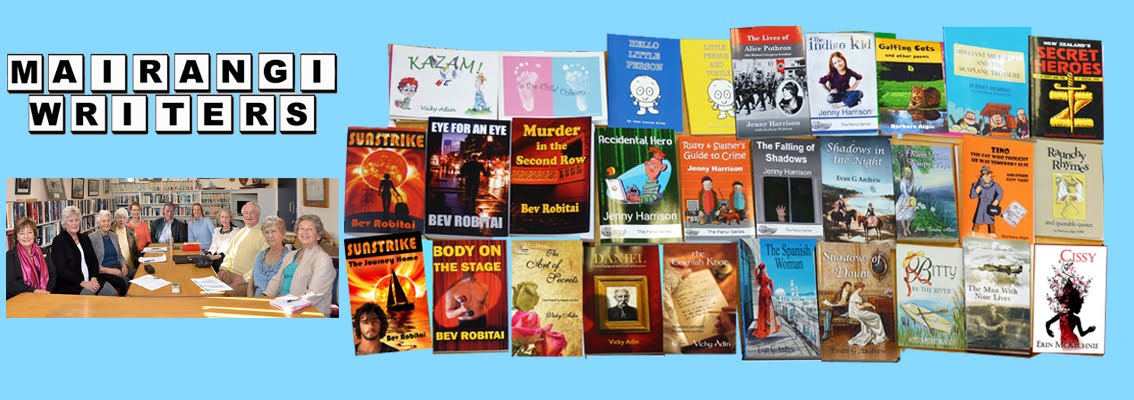For us
rejection comes too late. It comes when our book is published and available
online through websites such as amazon.com or goodreads.com where reviews by
customers can be scathing. What about the buyers, your friends and family, of
your first book who now are strangely reluctant to invest in your second?
For
mainstream authors a rejection letter could be devastating. Jack London
received over six hundred rejections letters but he went on to be the highest
paid writer of his time. In his book On Writing Stephen King writes of
the hundreds of rejection letters he received. He got pretty discouraged bout
that; his short story Carrie was rejected so many times he
finally threw it in the waste bin. Fortunately for him and his thousands of
fans his wife rescued it, persuaded him to turn it into a novel and the rest, as
they say, is history.
For an
independently published writer we have no such discouragement and, on reading
some self-published stuff one can only wish there was someone to pull the plug.
Indies have to be especially careful and the best way to avoid the
embarrassment of a badly written, badly formatted and badly presented book is
to ask for help.
The very
first step is to find a beta reader; one who is familiar with your genre and
who is prepared to be honest – brutally so if necessary. The next step, after
you’ve taken all your beta-readers points to heart – is to find an editor.
Beta-readers don’t usually bother with the fine detail. They are looking at the
bigger picture; structure, someone who can hypothetically put themselves into
your reader’s shoes. They are not your granny or your mother or your best
friend.
The second
step is to find a good editor. This can be expensive but in the end is
worthwhile. The editor may even be someone who is experienced in formatting
your document so that it looks like a professionally produced book.
One very
important part of your book is to have a professional book cover. Joel Friedlander writes what is probably the
best website for writers at www.thebookdesigner.com.
He has a monthly newsletter of e-book designs. It’s a good site to check out
for what works and doesn’t work on a book cover. Local designer, Bev Robitai of
www.thebookcoach.weebly.com
has consistently produced great covers for my books.
A lot to
think about before you pop that book onto the Internet. Take heart, dear writer!
There is light at the end of the tunnel. There are any number of people out
there who will help you so that you don’t experience the equivalent of a
rejection letter – egg all over your face via an irate reviewer on Amazon.
Jenny Harrison
www.jennyharrison-author.com

No comments:
Post a Comment